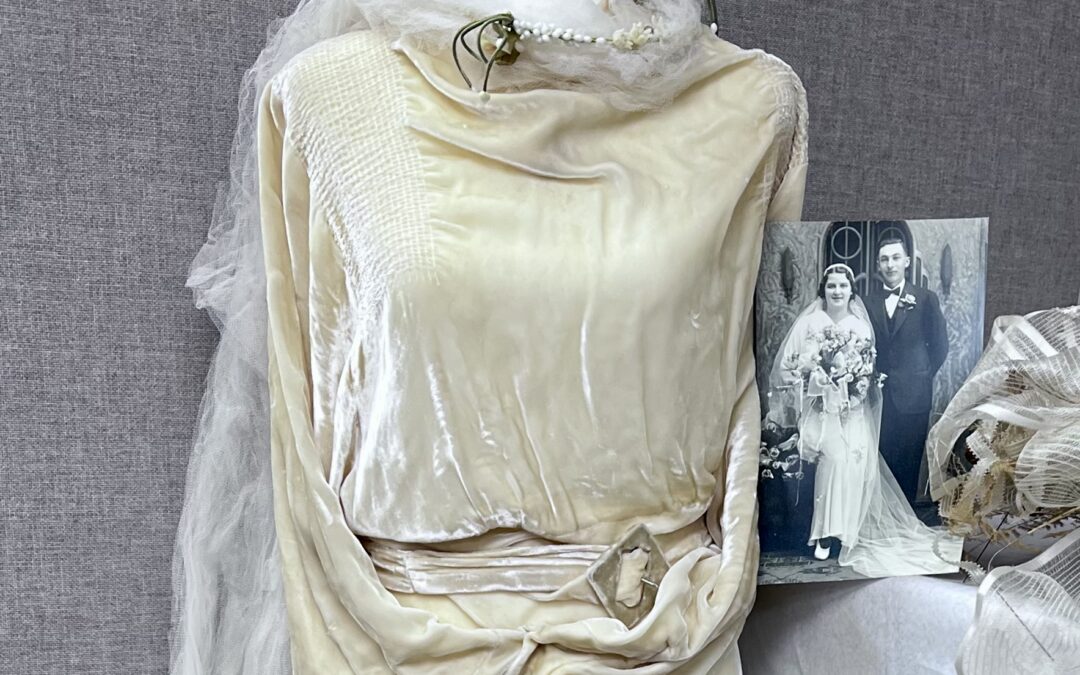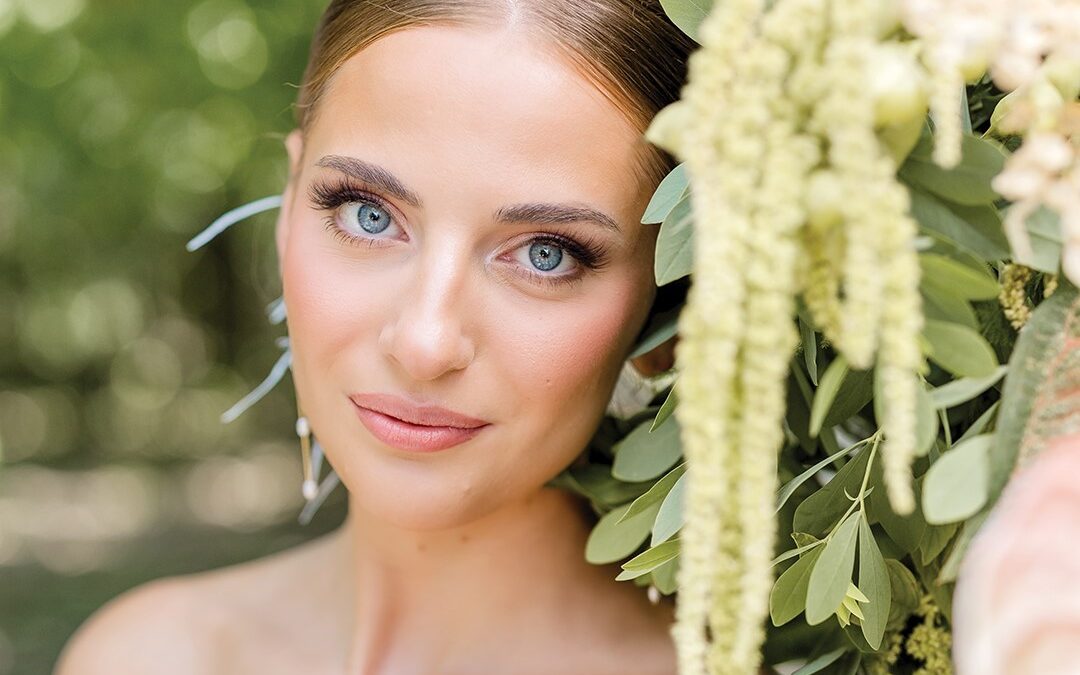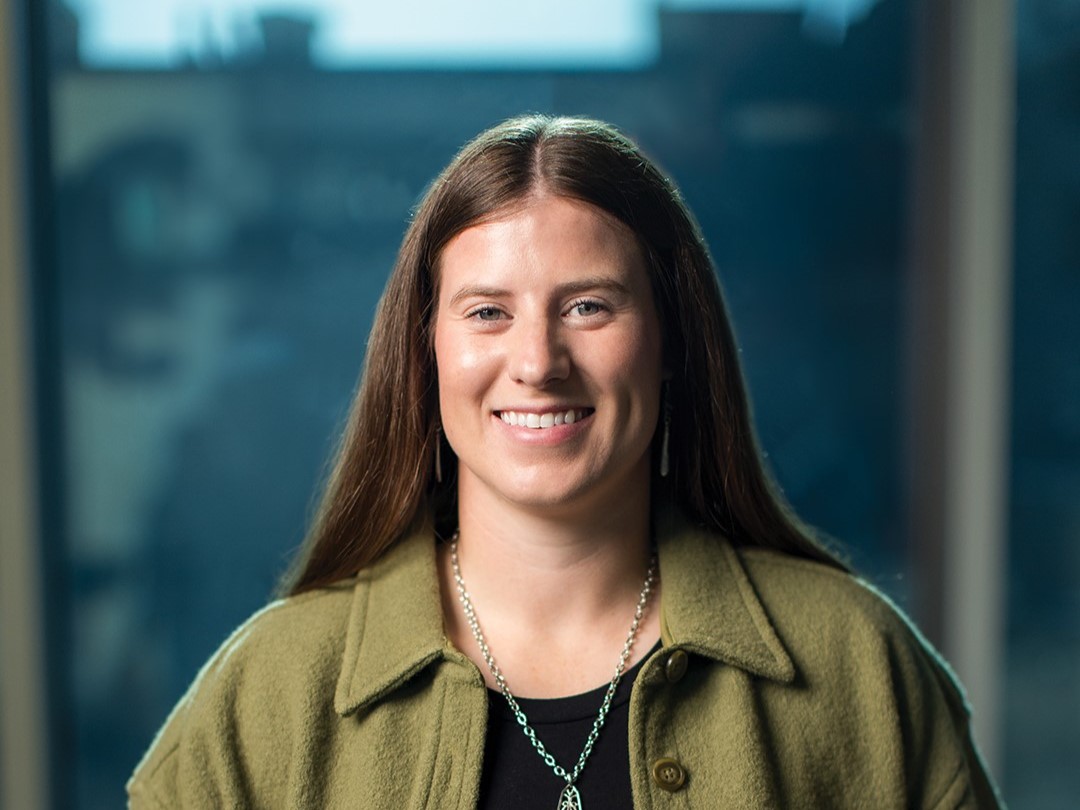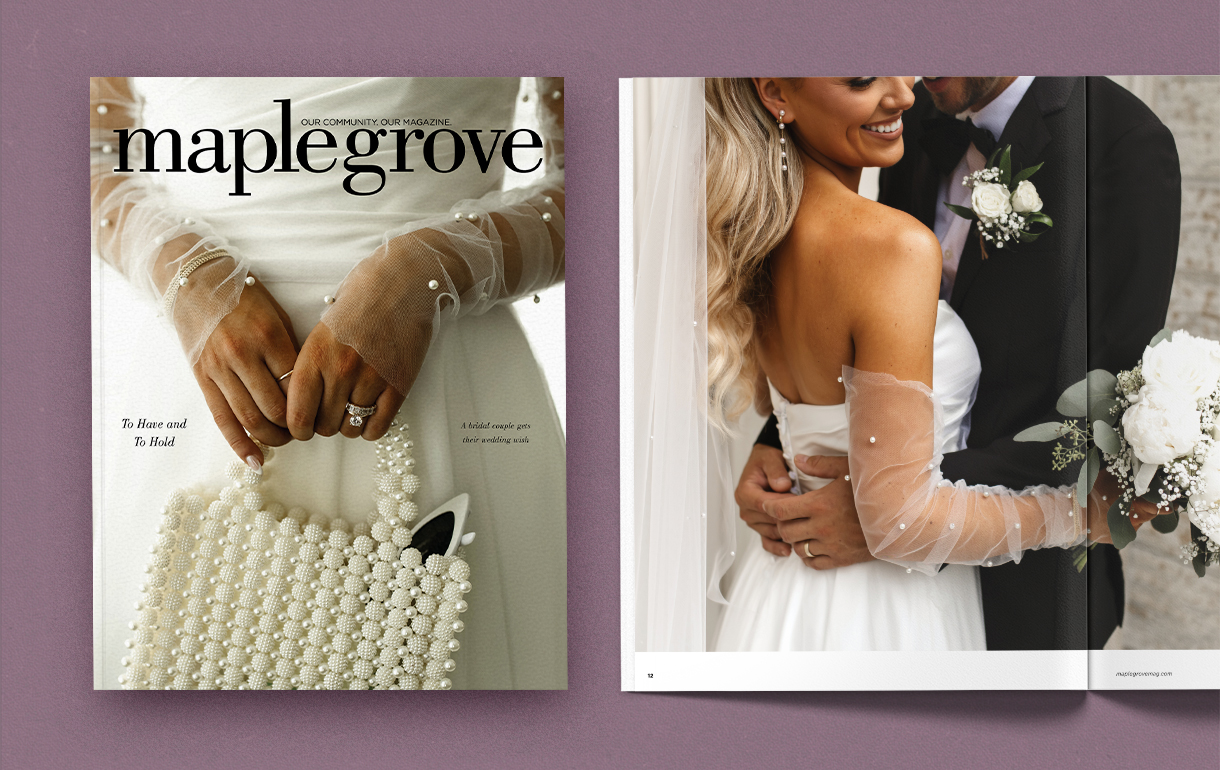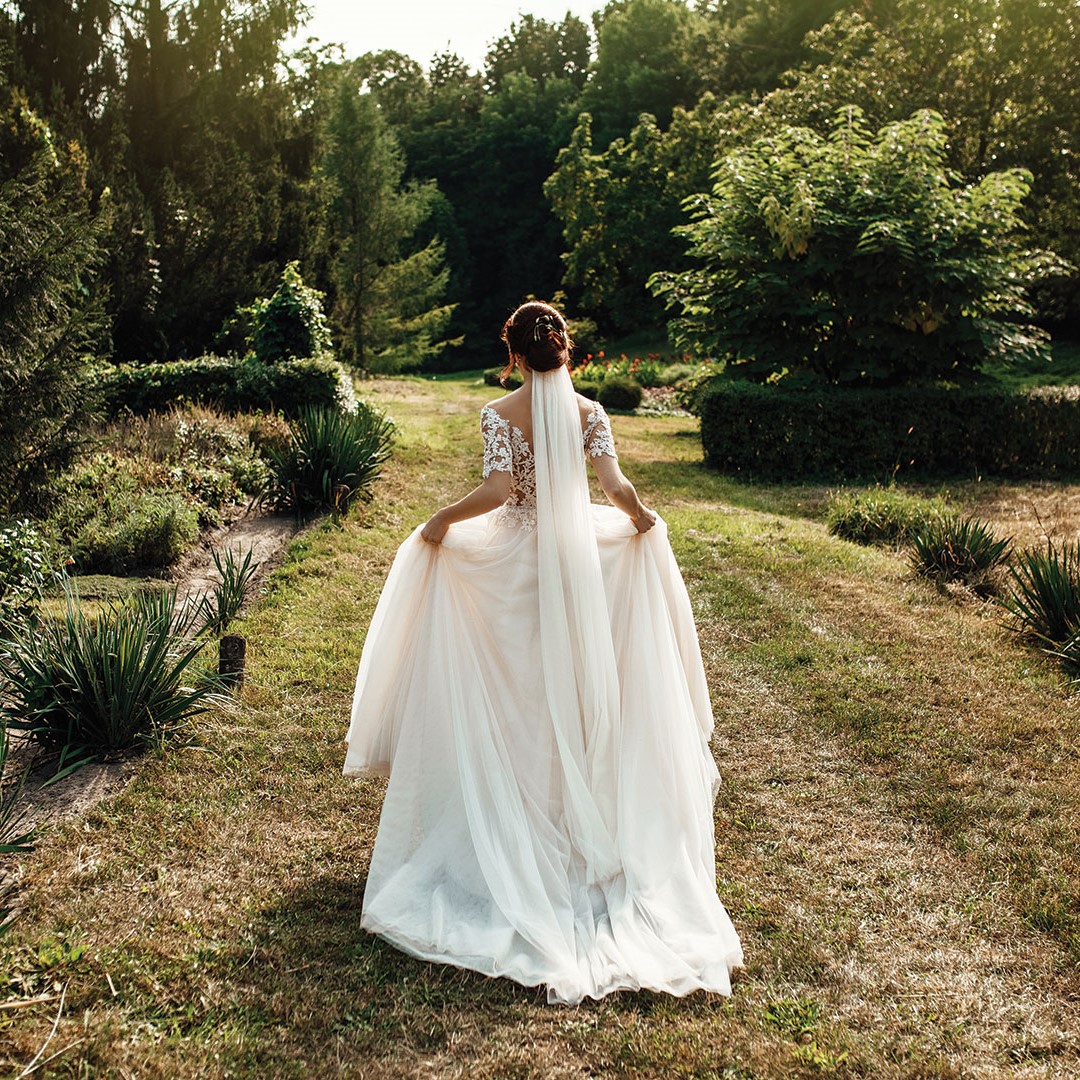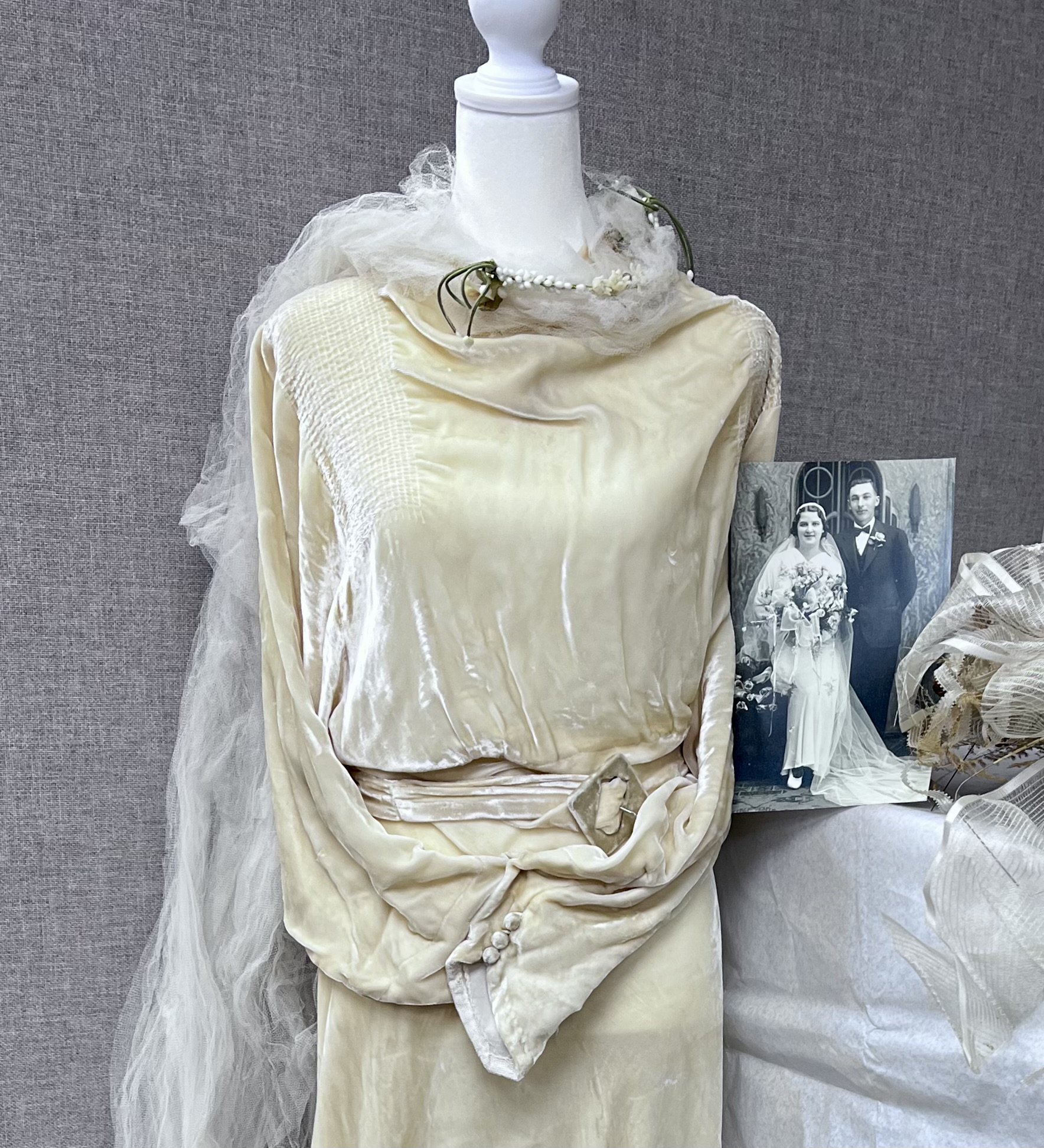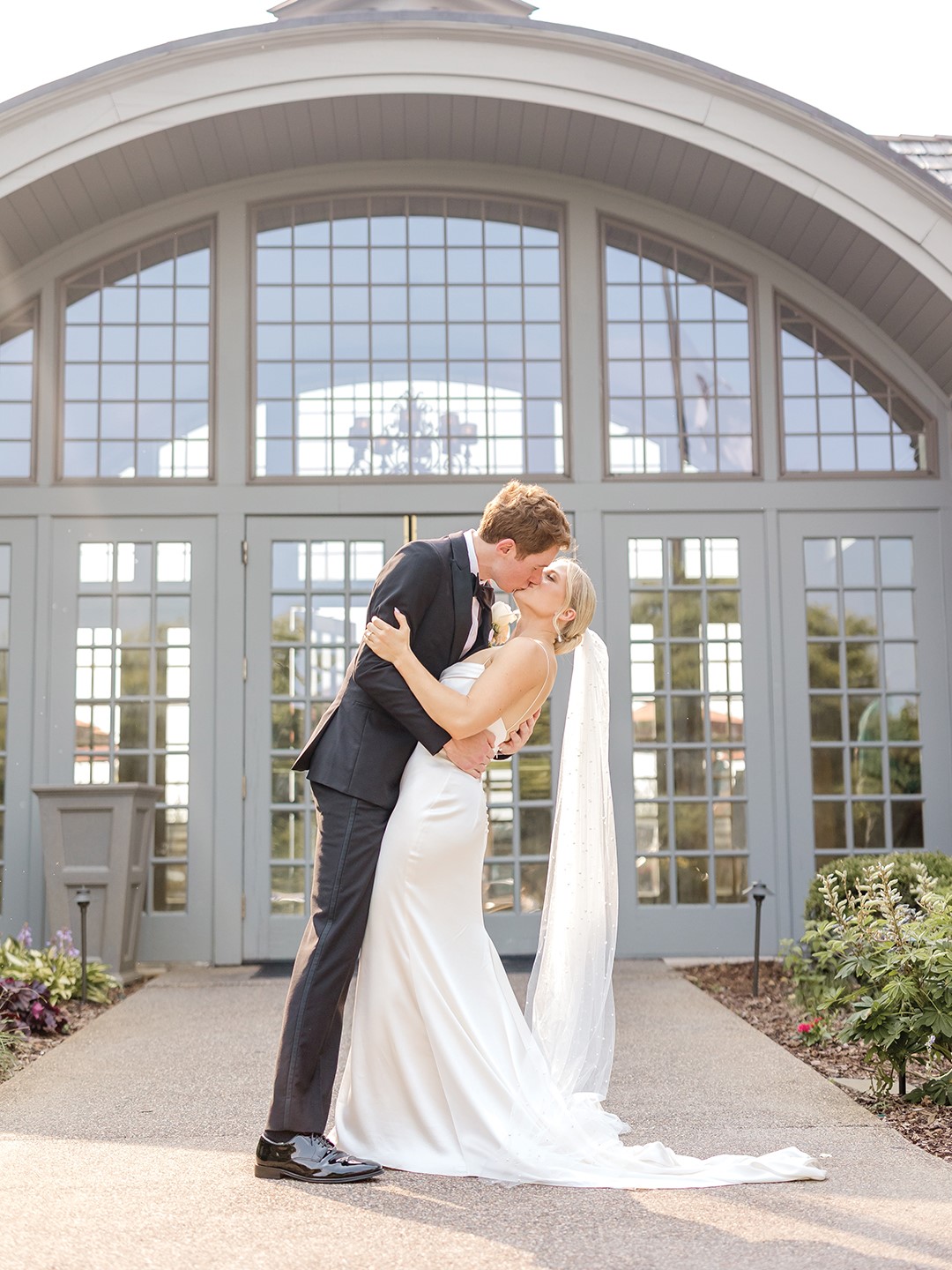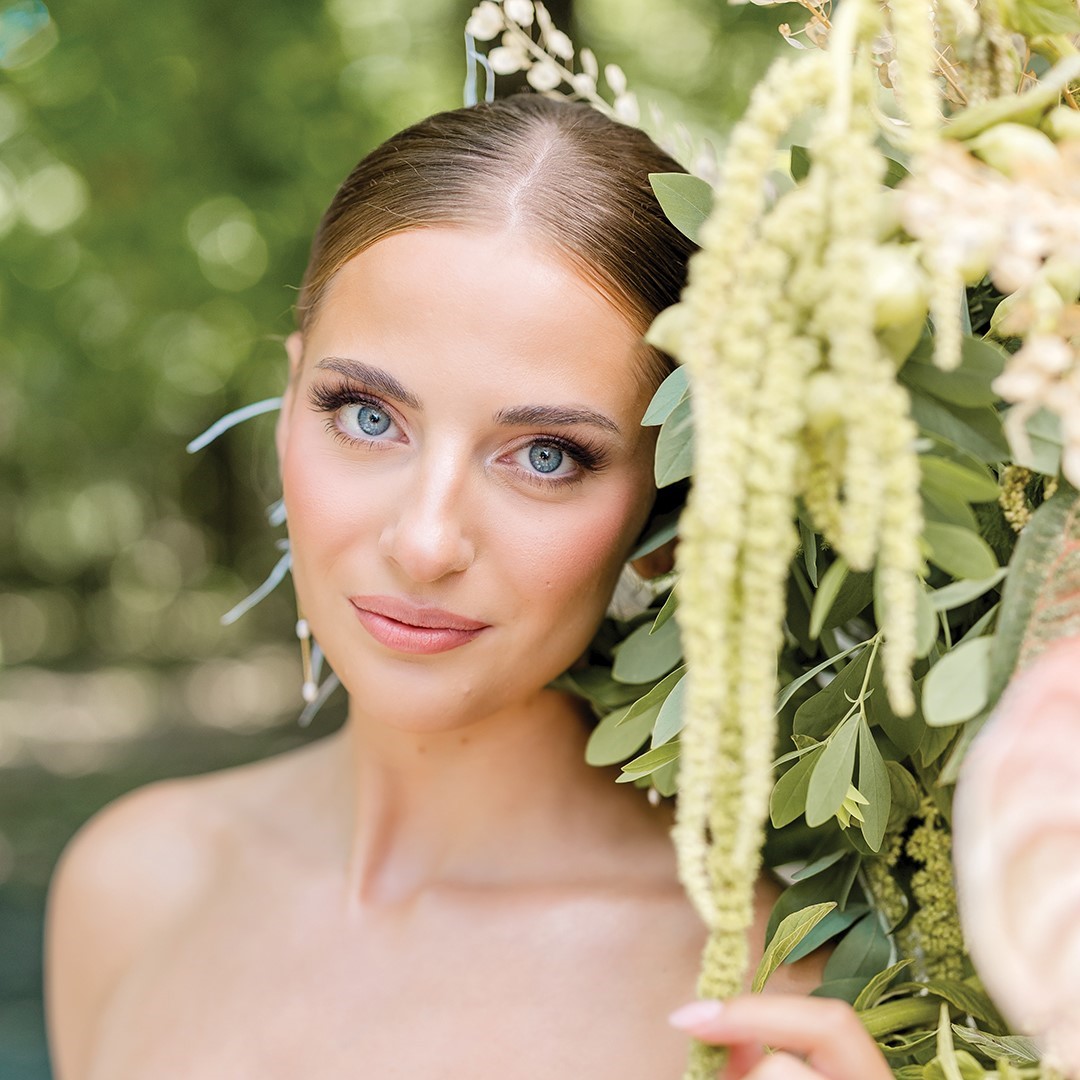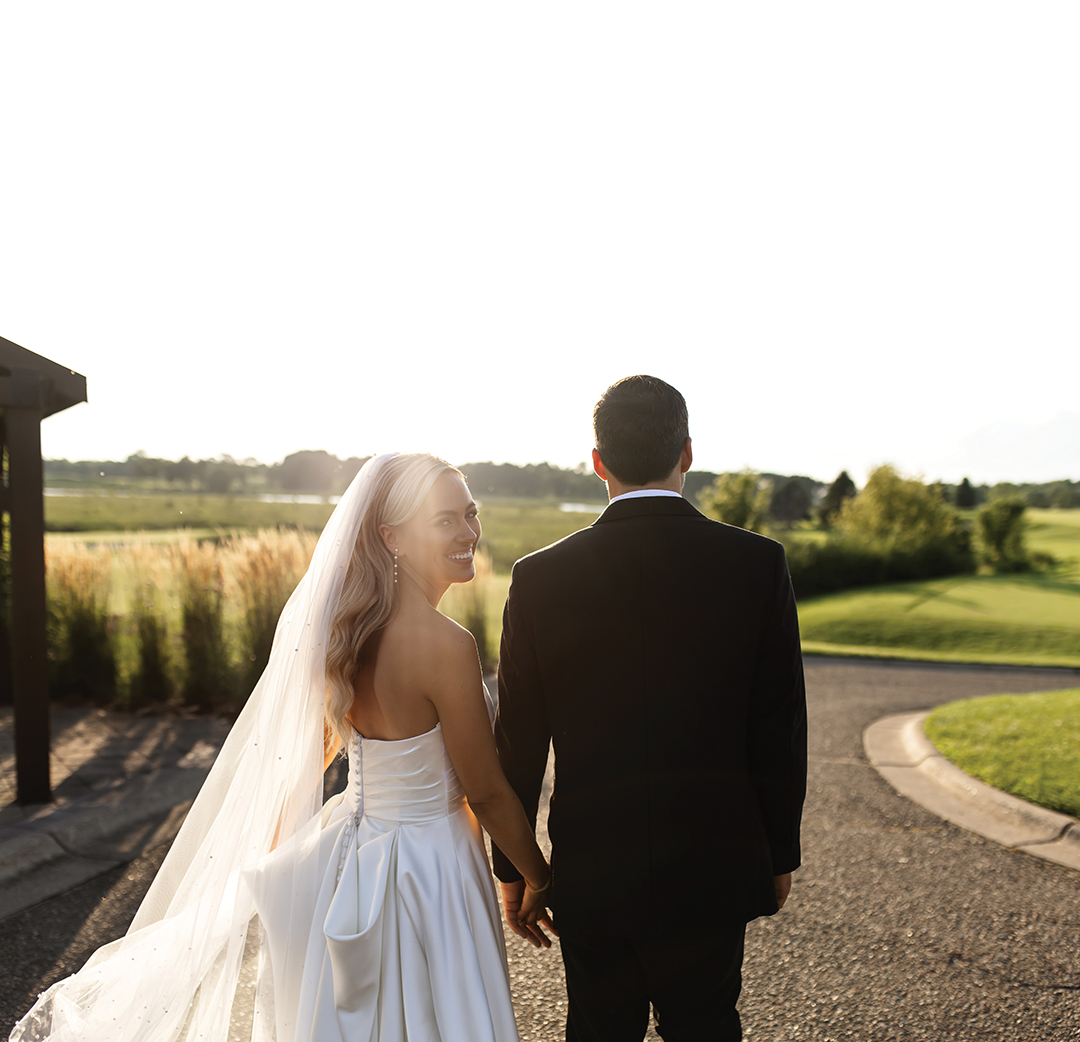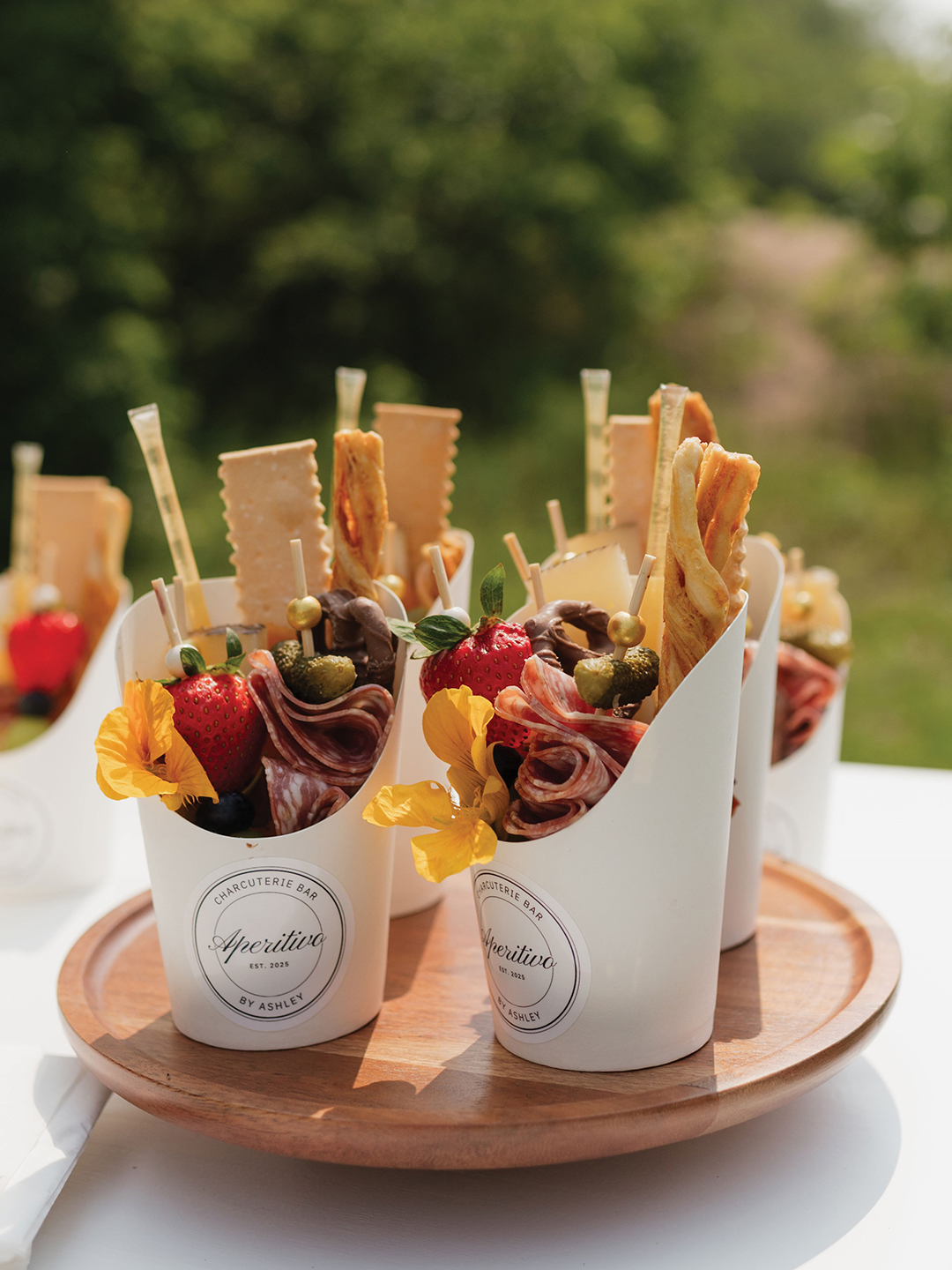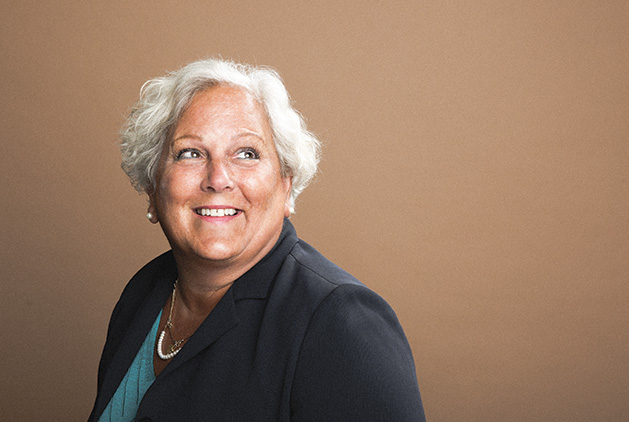
Linn Laak. Photos: Rachel Nadeau
Group offers sage support to women with breast cancer.
When Linn Laak was diagnosed with breast cancer in 2016, she was confident that she could navigate the course that was set before her. As a clinical trialist conducting cardiac research for medical device companies, the Maple Grove resident felt she was well versed in the medical world.
That perception changed. As Laak made her way to her first post-diagnosis appointment at the University of Minnesota Health Maple Grove Clinics, she emerged from the elevator to see some patients in wheelchairs, others connected to IVs and women with headwear covering their hair loss. “I was terrified,” Laak says. That fear muddied her ability to absorb information from that appointment. “I couldn’t remember a single thing after meeting with the doctor,” she says.
Laak realized, “It’s me now—[I’m] not guiding someone going into clinical trial,” she says. What next? Laak called The Firefly Sisterhood (FFS).
FFS is a statewide, nonprofit organization that fosters connections between women (and men), who’ve been recently diagnosed with breast cancer and breast cancer survivors. Carefully selected matches are made between those who share similar characteristics outside of the cancer diagnosis and treatment and can be based on location, age and life experience.
“FFS was founded in March 2014 with a vision of a community where no one faces breast cancer alone,” says Kris Newcomer, founding executive director. “Breast cancer can be overwhelming. However, research shows the breast cancer experience can be far less frightening with the support of a survivor, who has been through a similar experience. Our peer-mentoring program began in May of 2014 with 15 trained volunteers and two initial matches.”
Today, around 220 women serve as guides (peer mentors). Newcomer explains that guides are screened and required to attend training, which was developed by experts in “emotional mentorship and oncology psychotherapy and provides instruction in understanding the psychosocial spectrum of responses women experience during diagnosis and treatment and the development of strong mentoring skills,” she says.
“The training is so amazing,” says Laak, once a recipient, now a guide for five women.
Joan Caughron of Chanhassen went for a routine mammogram in 2016. The results—Stage 1 breast cancer. “Your emotions are all over the place,” she says. “You don’t know where your future is.” Like Laak, she turned to FFS. “When I get nervous about something or don’t know about something, I email [my guide],” Caughron says, noting that guides refrain from offering medical advice or opinions (or recommendations for healthcare providers, facilities, treatments or cancer-related products).
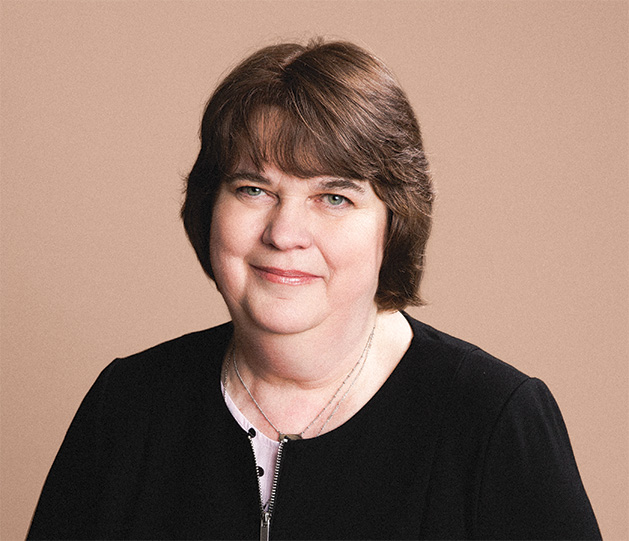
Joan Caughron
Caughron has the support of family, friends and work associates, but emails with her guide provide a different level of connection. “Sometimes you feel alone in this even if you’re not,” she says. “[Guides] are a place to turn when not a lot of other people around you know what’s going on.”
“We offer our free services to women at any point in the continuum of care, including survivorship,” Newcomer says. Laak speaks to the importance of FFS during the post-treatment period. After completing treatment, she says, “It’s a common feeling [that] you’ve been dropped off a bridge.” Visits with the medical team become less and less frequent, and family and friends might be ready to move on and away from talking about the person’s health. The focus shifts. This is when, Laak notes, FFS guides can fill a void by listening to women’s concerns about their lingering fatigue, thoughts about “When will I feel like myself?” and more.
FFS has the benefit of a state-wide network. “All the health systems in the state of Minnesota refer patients to us,” Newcomers says. “With the opportunity to ask questions and engage in dialogue with her guide, a woman can learn to advocate for herself, better communicate with her medical team and approach treatment with an improved frame of mind,” she says. “The clinical significance of these factors is illustrated in psychosocial oncology research.”
“According to a study published in the journal Cancer, women with breast cancer who are socially isolated tend to have higher rates of recurrence and mortality,” Newcomer explains. “Peer survivors can reduce feelings of isolation and increase hope and empowerment for women recently diagnosed.”
“It’s an organization that I’m a firm believer in,” says Rae Ann Eilola, who was diagnosed in 2017. “It’s a resource that anybody can use at any point in their diagnosis.” She and her guide were so well matched that it “feels like being with an old friend,” she says, adding “[Guides] can relate to the emotional rollercoaster.”
For those who have been recently diagnosed and are hesitant about connecting with FFS, Eilola offers sage advice, “Don’t deny yourself the help that you deserve and need.”
The Firefly Sisterhood is funded through grants, sponsors, individual donors and fundraising events. Upcoming events include Illuminight, which will be held from 5-8 p.m. June 19 at the Machine Shop, 300 2nd St. S.E., Minneapolis. Tickets are $75/person and $1,000/table for six. The event features 10 female chefs from throughout the Twin Cities, who will prepare signature appetizers. It also includes a raffle, live auction and wine pull. All proceeds benefit FFS.
Additionally, The Firefly Sisterhood Shine On Classic is slated for July 22 at Edinburgh Golf Course, 8700 Edinbrook Crossing, Brooklyn Park. A shotgun start begins at 12:30 p.m. The cost is $160/person or $600/foursome. The organization welcomes golf hole sponsors and auction donations. The event also features a raffle, live auction and contests.
Firefly Sisterhood
Visit the website for additional information.
Facebook: Firefly Sisterhood
Twitter: @FireflySisters

